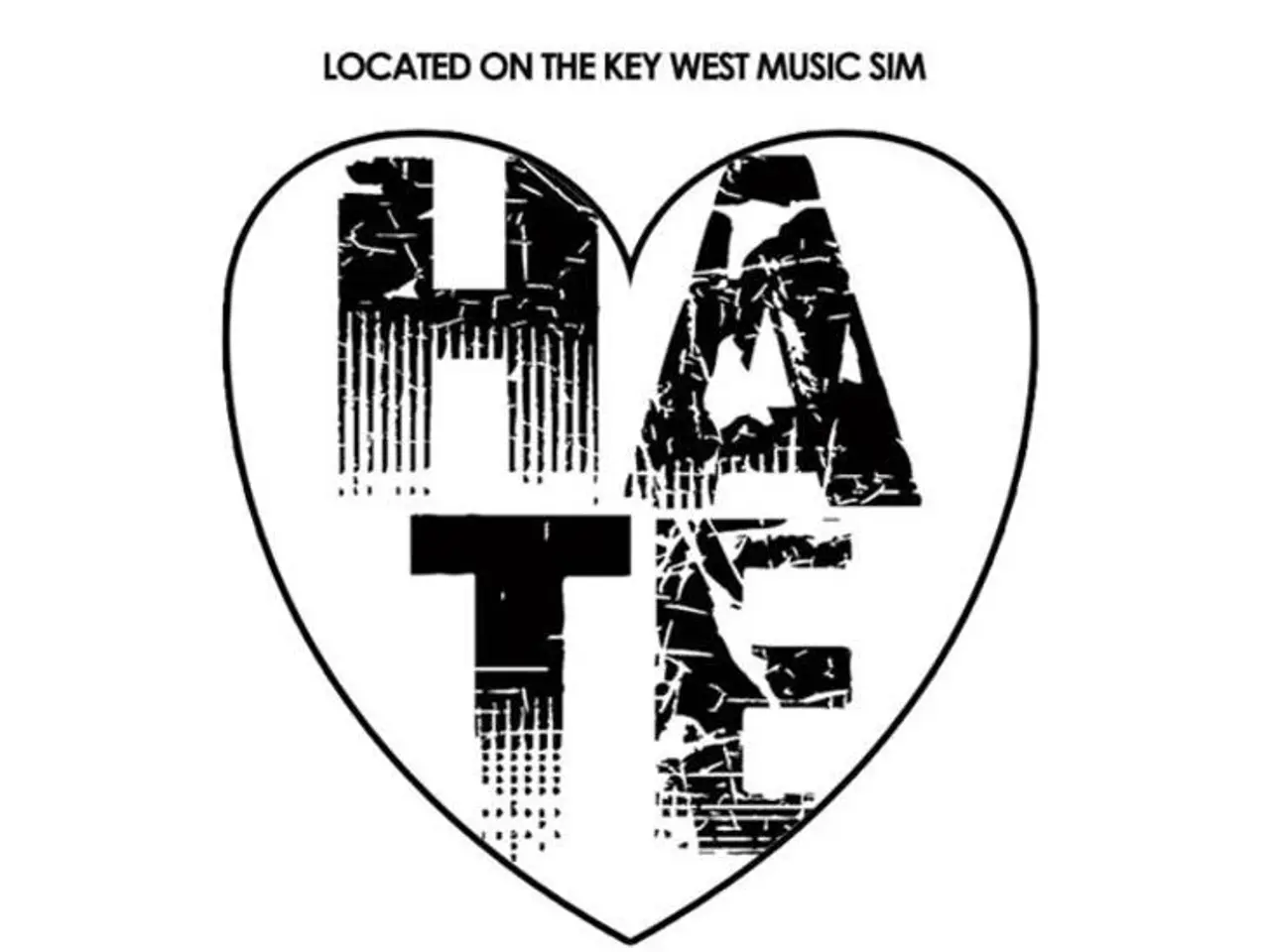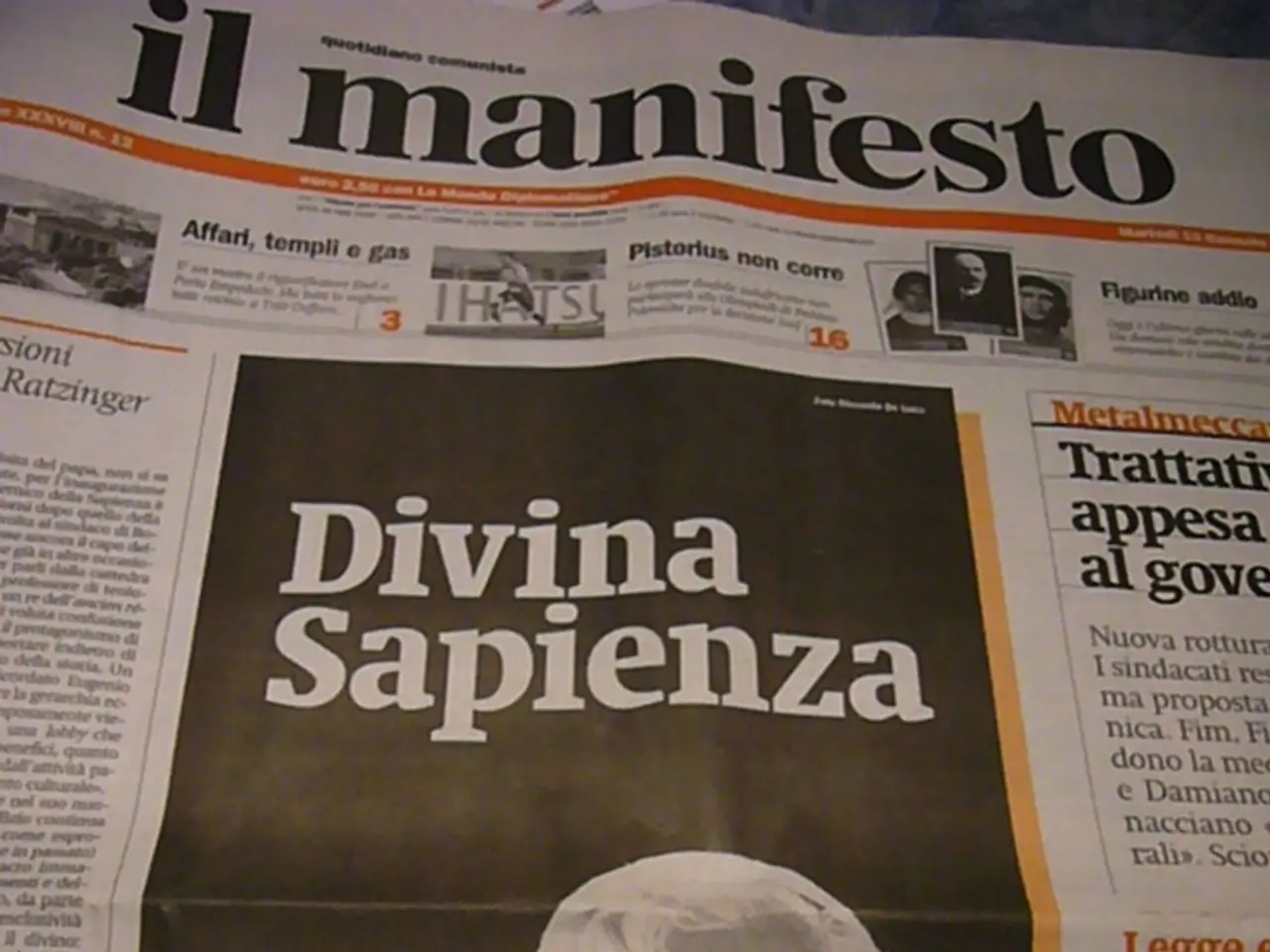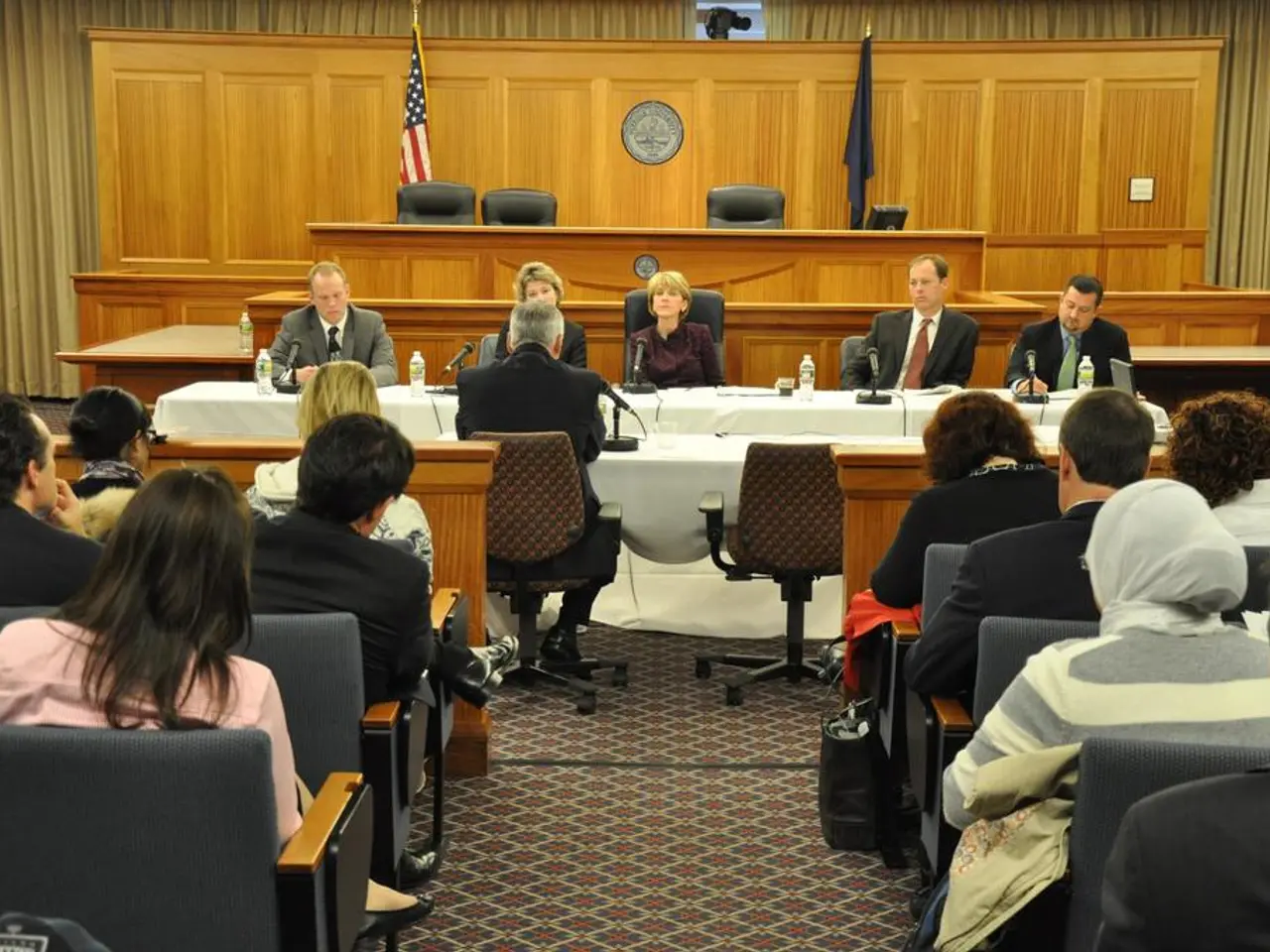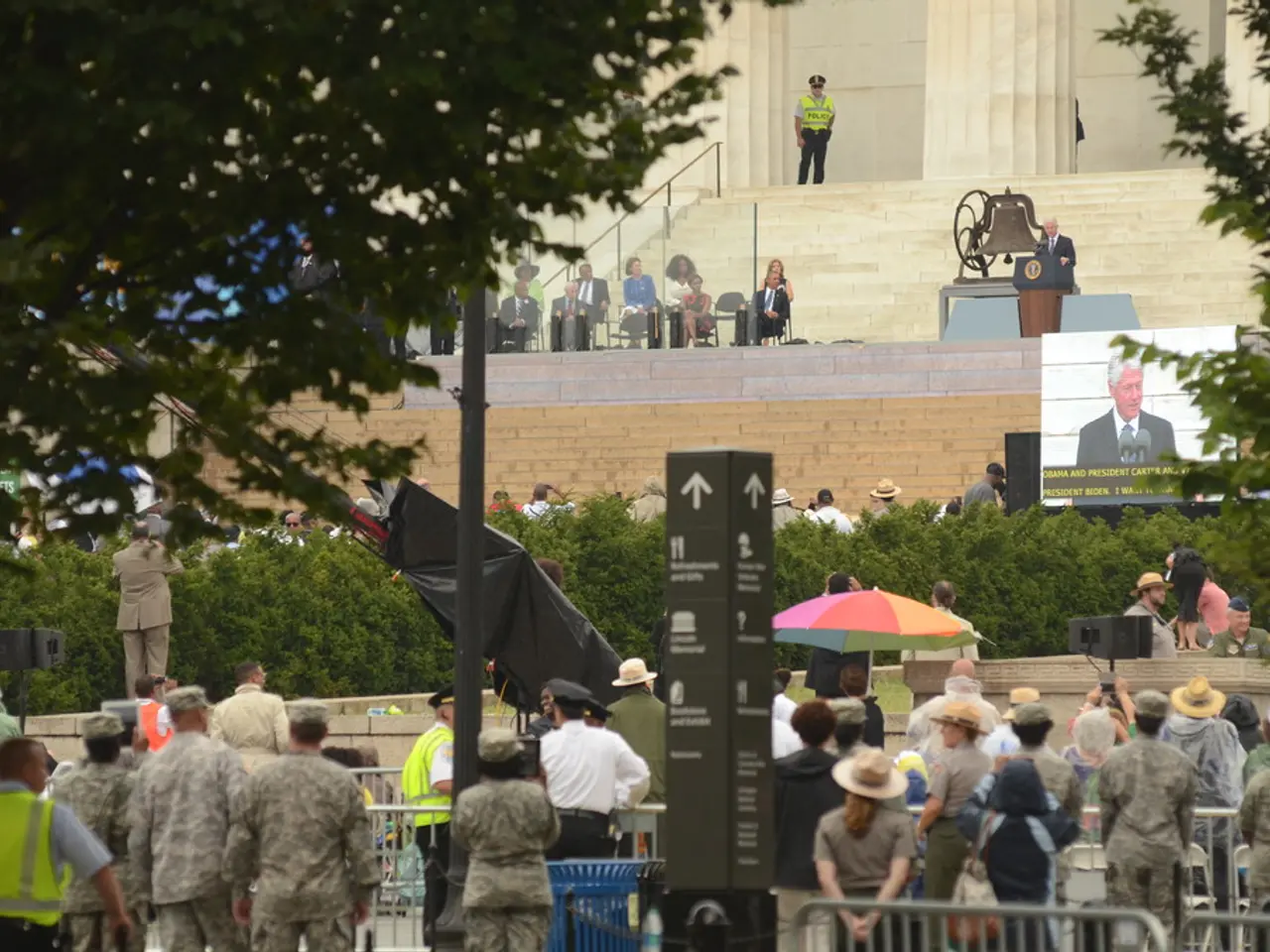Demand for Revocation of Ban on Broadcasting Protests Issued by Human Rights Organizations
Protests erupt across Kenya as citizens voice their discontent, and rights groups are up in arms against the Communications Authority's directive to silence live coverage of these demonstrations.
On June 25, the Communications Authority, citing constitutional provisions related to freedom of expression (Articles 33(2) and 34(1) of the Kenyan Constitution) and the Kenya Information and Communications Act of 1998, imposed a ban on live broadcasts of these ongoing protests. However, this move is far from well-received within Kenya's legal and civil rights circles.
A joint statement from various organizations, including the Law Society of Kenya, Kenya Medical Association, Amnesty International Kenya, Katiba Institute, Defenders Coalition, Independent Medico-Legal Unit, International Commission of Jurists (Kenya section), and the Social Justice Centres Working Group, slammed the directive as both unlawful and contempt of court, a threat to constitutional freedoms.
The groups argued that live coverage offers the public a clear understanding of events as they unfold, reducing the potential for misinformation. Banning such coverage, they claimed, creates an information vacuum that could put lives at risk. Furthermore, they warned that the ban might breach conservatory court orders issued in 2023 in a case filed by the Kenya Editors Guild regarding internet shutdowns.
Former Attorney General Justin Muturi also weighed in on the issue, labeling the directive as unacceptable and unconstitutional. He accused the Communications Authority of using national security as a pretext for censorship, pointing out that the move violated both Articles 33 and 34 of the Constitution, which protect free expression and media independence.
The timing of the directive, issued during days when protests intensified across the country to mark one year since the deadly 2024 anti-finance bill demonstrations, has sparked concern among critics. Muturi questioned whether the blackout was a calculated move to conceal atrocities or do the unthinkable under the cover of silence.
Weighing in, former Chief Justice Willy Mutunga deemed the ban a serious setback for media freedom in Kenya and a return to state censorship. The Kenya Editors' Guild criticized the CA for distorting the law and misinterpreting the constitutional articles protecting freedom of expression and media independence. They demanded the immediate withdrawal of the directive and urged the Parliament and Judiciary to investigate the CA’s conduct.
As the situation unfolds, the public and rights groups continue to demand transparency and the preservation of their constitutional right to information. With the High Court already suspending the directive, we can only hope that a just resolution is reached, upholding the principles of democracy and freedom of expression in Kenya.
Stay informed, and subscribe to our newsletter for the latest updates on this developing story.
- Critics questioned whether the timing of the Communications Authority's directive to silence live coverage of protests, issued during days of intensified nationwide demonstrations, was a calculated move to conceal atrocities.
- The Kenya Editors' Guild criticized the Communications Authority for distorting the law and misinterpreting Constitutional articles protecting freedom of expression and media independence.
- Protests continue across Kenya as citizens voice their discontent, with demonstrators including sports personalities who have used the platform of epaper publications to express their opinions and call for social justice.
- The joint statement from various organizations slammed the directive as both unlawful and contempt of court, a threat to constitutional freedoms, and argued that live coverage offers the public a clear understanding of events as they unfold, reducing the potential for misinformation.
- In the realm of business and politics, concerns about war-and-conflicts, health, and general news still dominate radio discussions, as many Kenyans seek to stay informed about world events while following local developments that impact their daily lives.




